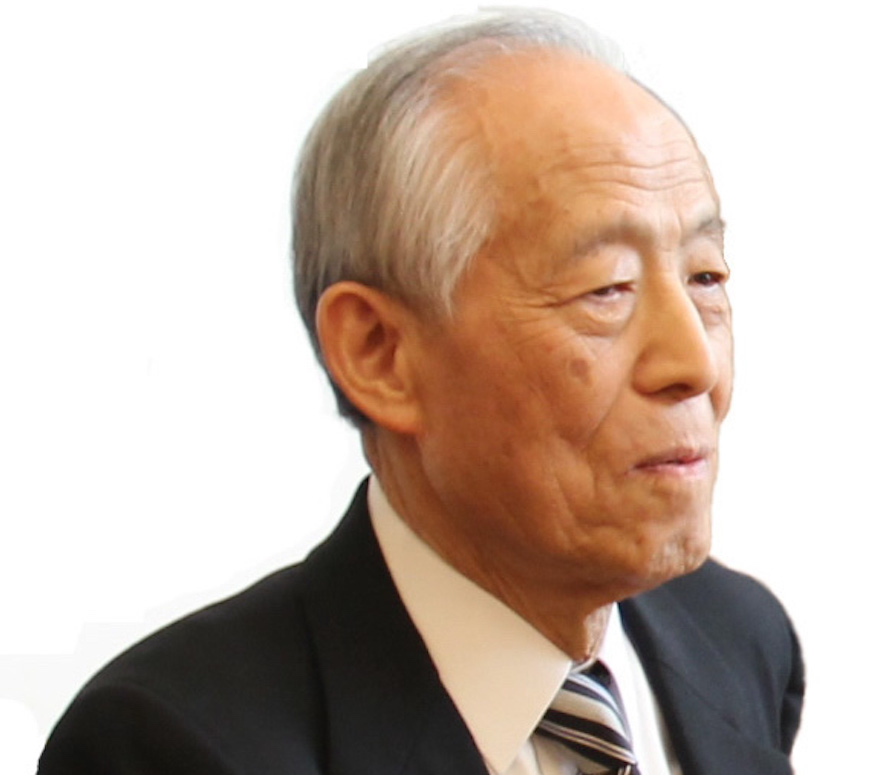By Prof. Makoto Taniguchi*
TOKYO (IDN) – When the United States was bashing the United Nations as an ‘Useless presence’ in the 1980s, young bureaucrats of the rank of Minister-Counsellors, who were dispatched as government representatives to the UN in New York, were using a deprecating term – a “zombie” group -to describe the situation in which they found themselves.
Counsellor Mr. Sergey Lavrov of the Soviet Union, who was like a leader among his peers, was convinced that something needs to be done about the world body. Otherwise he and others will not be respected back home. So he was inspiring the group that was otherwise beginning to lose sight of a vision to strengthen the United Nations. SPANISH | GERMAN | HINDI | JAPANESE
I was also a member of the so-called “zombie” group. But to my surprise, Mr. Lavrov – a man with strong aspirations – is serving as Russia’s Minister of Foreign Affairs since 2004 until today, under the current Putin regime. To me he seems to be telling with eloquence that what appeared to be a painful UN era was not necessarily meaningless.
The usefulness as an institution and the significance of the existence of the United Nations have always been the subject of discussion. But I think the UN is as indispensable as air for human beings. If there were no United Nations, each country, particularly small countries, will suffer. We cannot recognize the importance of air when we are breathing normally. Just as clean air supports our life, the United Nations also needs to have a ‘clean presence’ for each country.
I spent half of my lifetime at the UN. Among the various roles I played was that of serving as the chairman of many important conferences. I believed that while working as Ambassador of Japan was important, chairing major United Nations conferences and bringing them to success would be much more important. I felt that it would be more effective to sit in the chairman’s seat as a Japanese and become the face of the United Nations where the delegates gather rather than contributing tens of thousands of dollars.
As an example, in 1987 which is widely known as the most difficult time for the United Nations in a rather intense era of North-South conflict, I was nominated as the chair of the General Assembly of the 7th UNCTAD (United Nations Conference on Trade and Development). This conference was held in Geneva for two months and approximately 5,000 people – including presidents and prime ministers – from around the world participated.
I was more like an ally of developing countries, and representatives of the major developed countries who did not like the idea that I was given the chair, said to my wife: “Your husband is trying to do a dangerous work that would damage his career. Let him quit the chair; take him somewhere for mountain-climbing, for example in the Swiss St. Moritz or so.” To this, my wife responded promptly: “Serving as a chairperson is my husband’s hobby, so it’s a tall order.” The conference was rather tough; it went on for several days and nights, and I was satisfied when I wrapped up the conference.
I vividly recall that before I left New York after long years of service at the UN, a lot of friends and acquaintances attended my farewell party. After that, I became a Deputy Secretary-General of the OECD in Paris and spent seven years there. Though the OECD, unlike the UN, is an international organization made up mainly of industrialized countries, I did my best to strengthen relations with the developing countries.
After I left the OECD and came back to Japan, I started thinking about the future position of Japan, and its role especially in Asia. In my view, a trilateral system comprising Japan, the United States and Europe has become a thing of the past. In the 21st century, Japan should work together with China, Korea and the ASEAN countries to first build the “East Asian Community” and then construct a system where each country will cooperate for developing East Asia together.
The important thing here is that merely pursuing economic gains does not necessarily lead to strengthening international relations. It should be remembered that Japan-U.S. trade friction in the 1990s had rather worsened the relationship between the two countries.
To build a new Asian era, it is important to improve the Japan-Korea and Japan-China relations – starting with resolving the historical issues and the East China Sea territorial waters dispute. It is also extremely important for each country to bring up the social and economic leaders of next generation based on shared awareness.
This includes addressing some tough issues. But I think the United Nations as well as other international organizations – NGOs and NPOs like DEVNET – could play a significant role. DEVNET Japan has been actively engaged in this vital task. And I would like to strongly support DEVNET Japan placing at its disposal my past experience in dealing with crucial questions.
*Prof. Makoto Taniguchi is former Deputy Secretary-General of the Organisation for Economic Co-operation and Development (OECD) in Paris, previous Ambassador of Japan to the United Nations in New York, and former President of Iwate Prefectural University. (16 March 2016)
This article is part of IDN’s media project jointly with Global Cooperation Council and DEVNET Japan.

